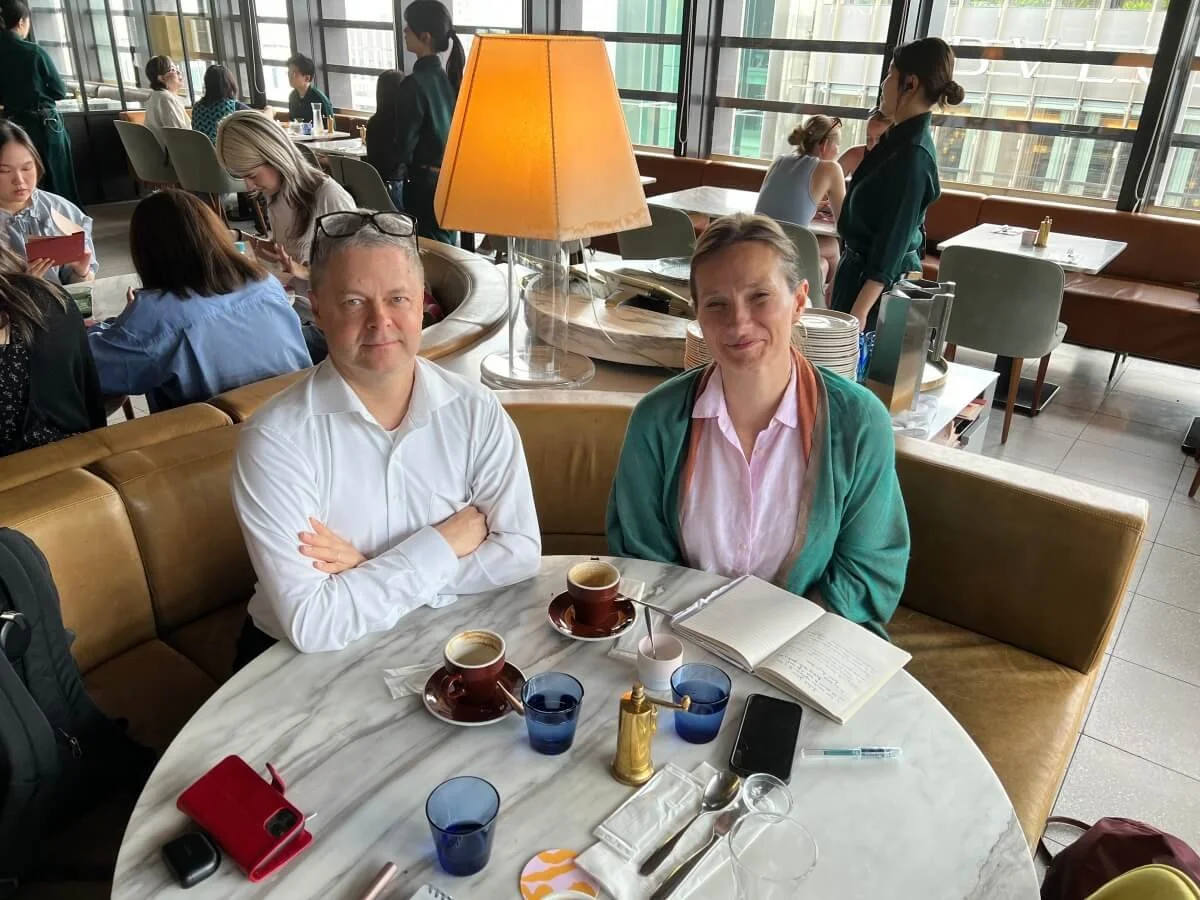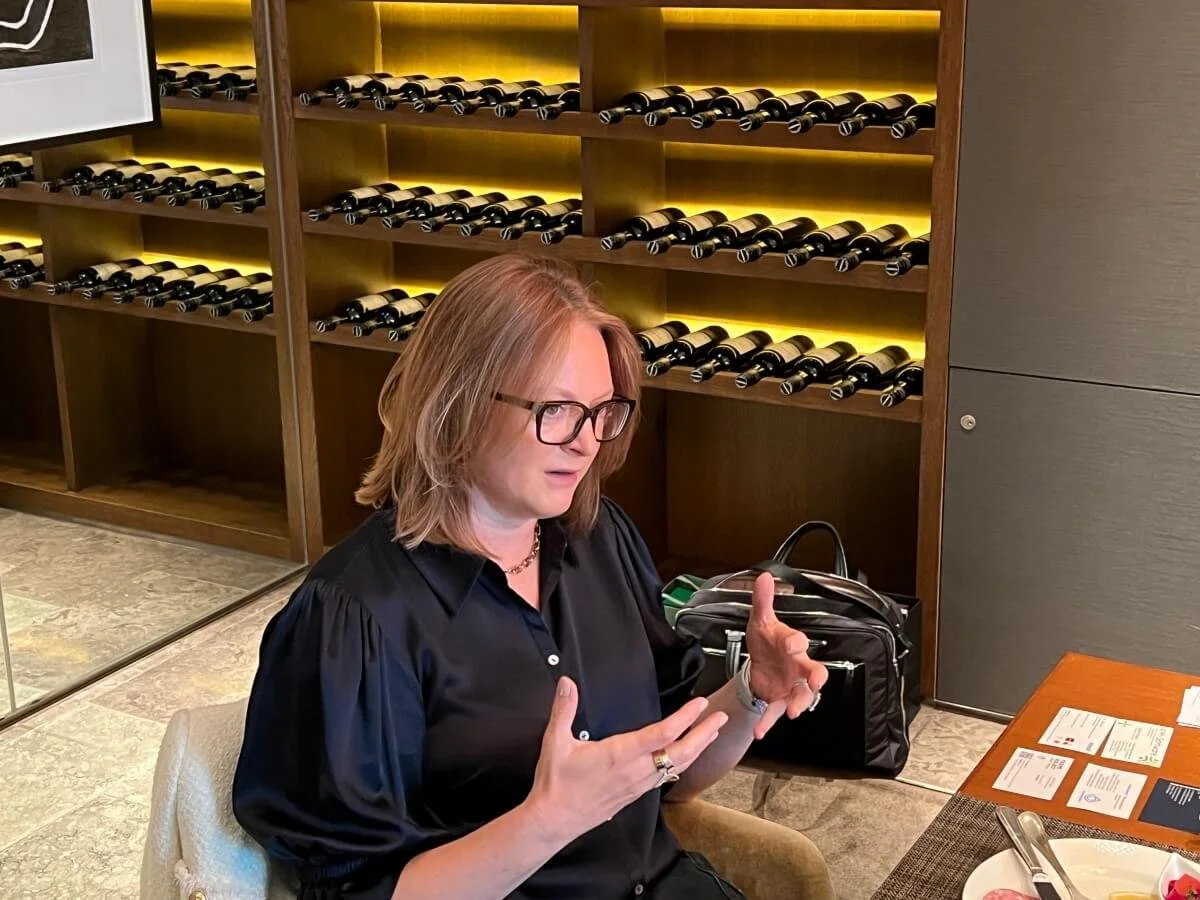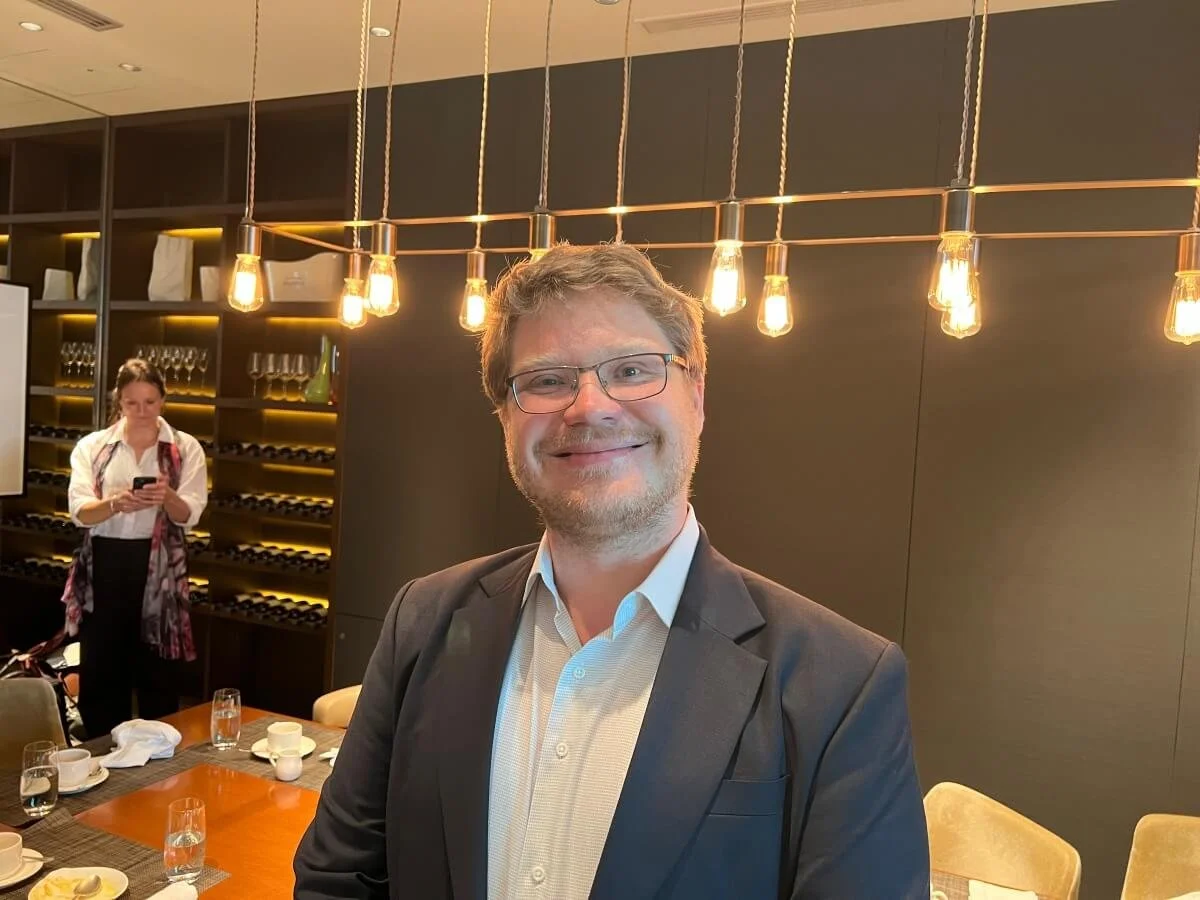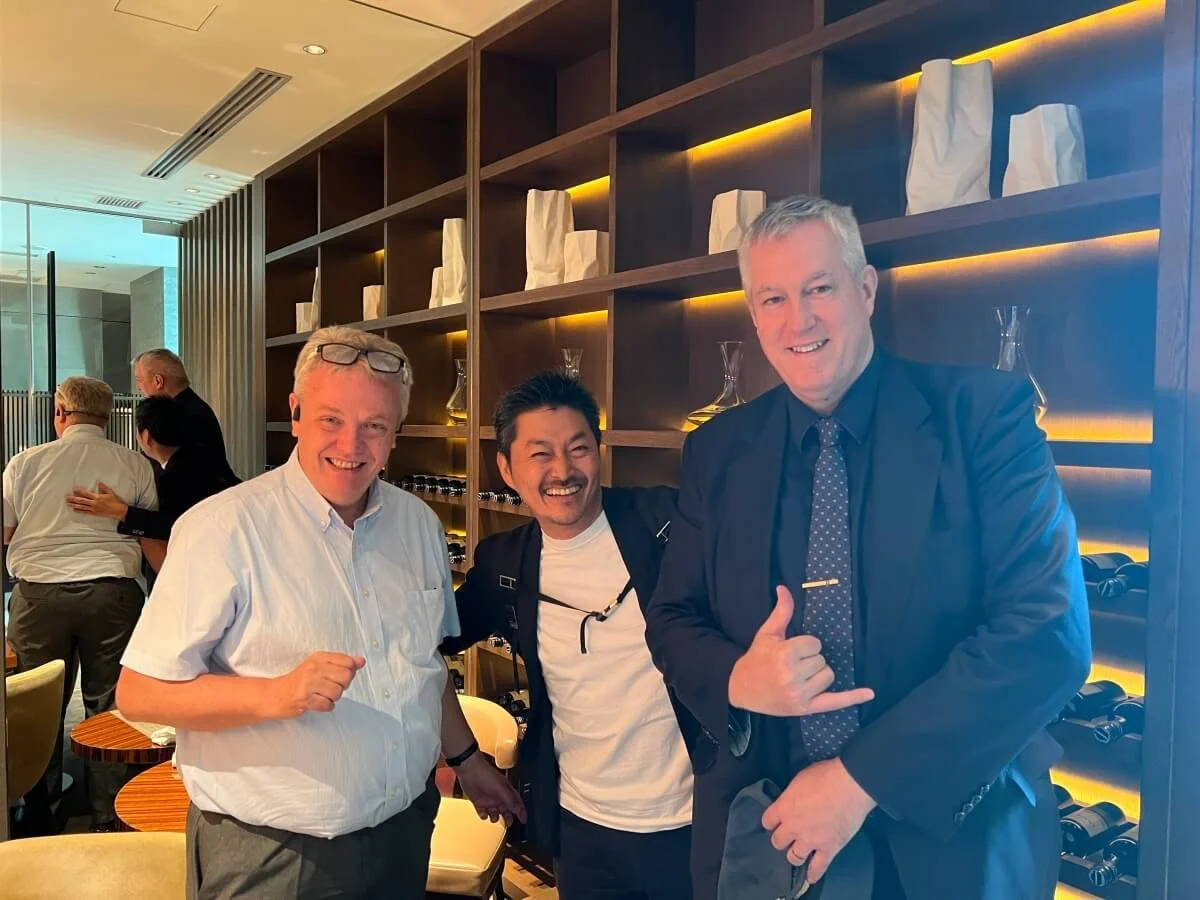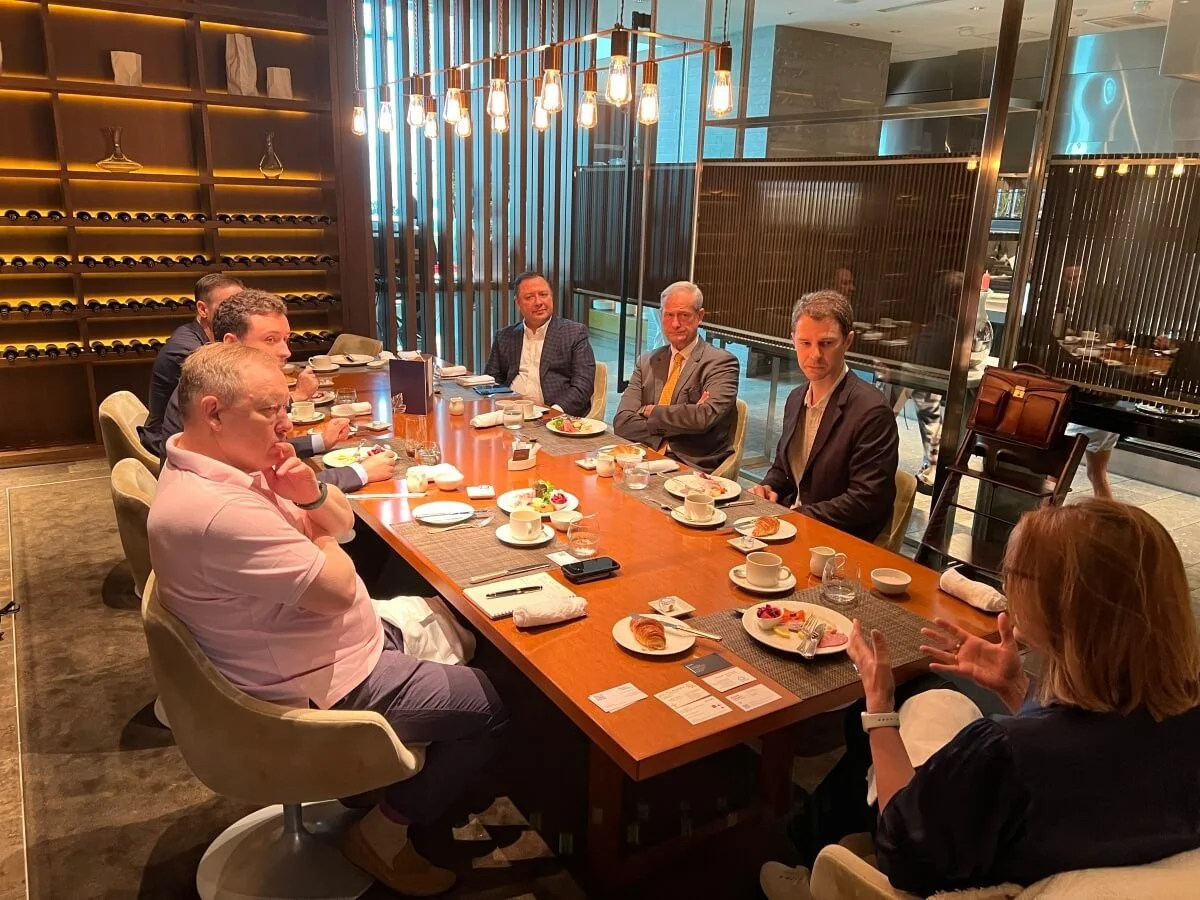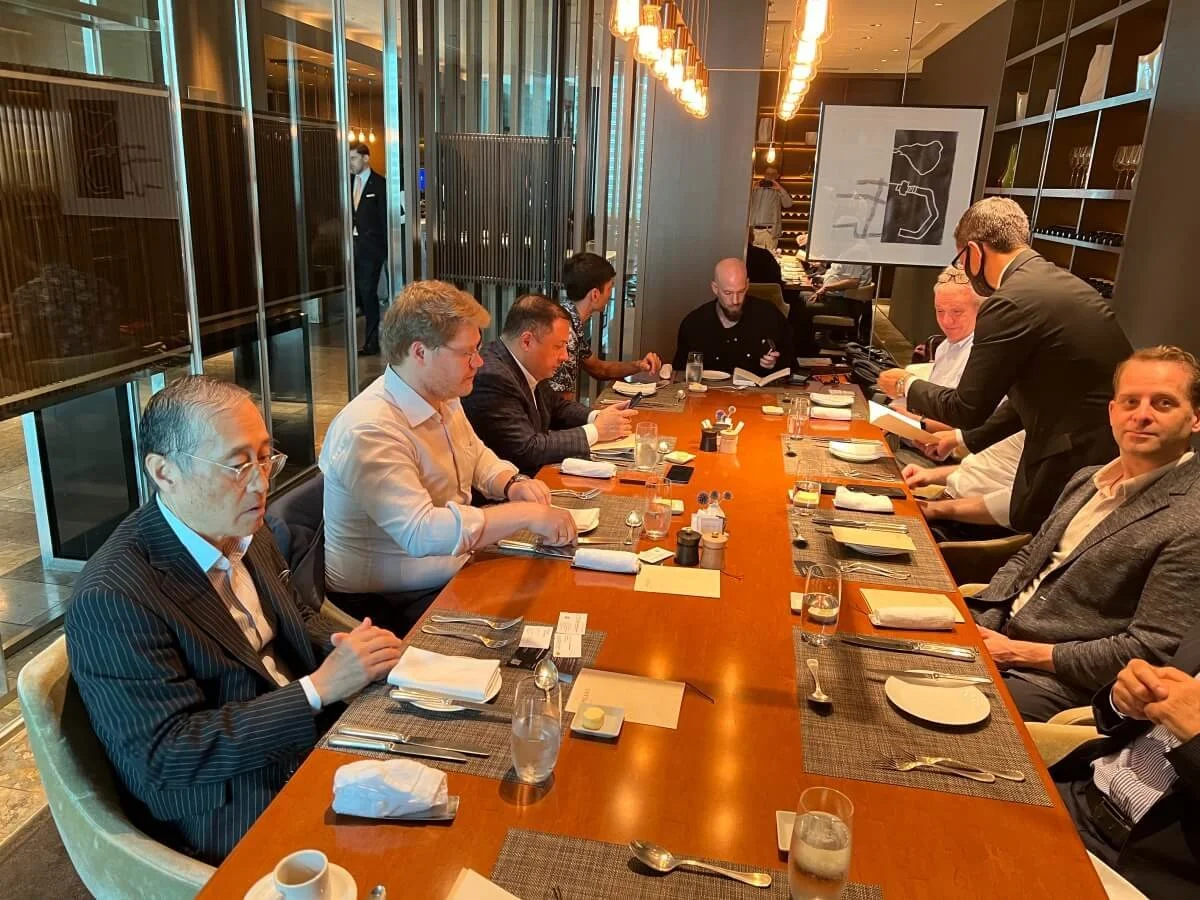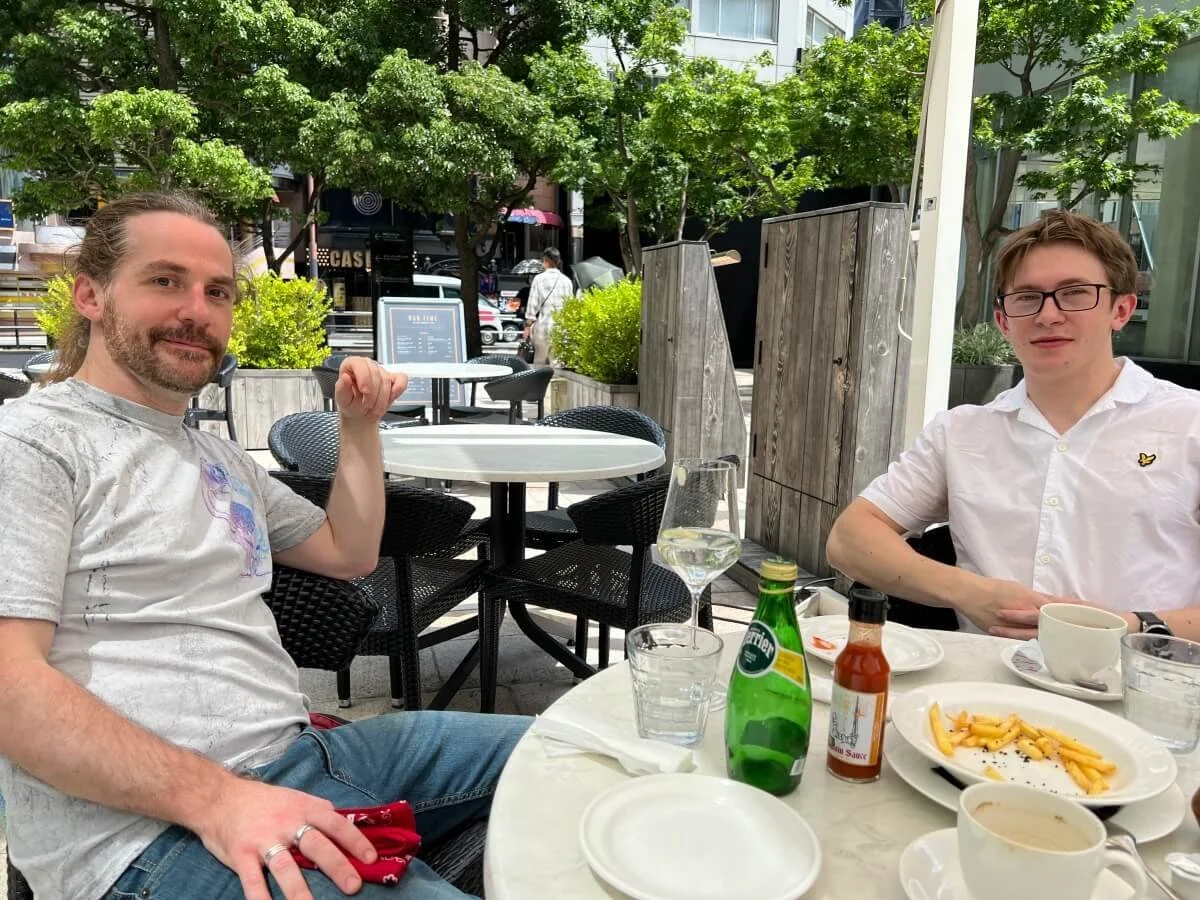The Delphi Roar: July 6th, 2025
Dear Members and Advisers,
It’s hell being jet-lagged, but you have to suffer to get out of Japan. My brief time in the UK was wonderful—especially because I hitchhiked down from London to Swansea along the M4 motorway. It’s been about 30 years since I last hitched, so I had to re-learn many lessons—such as not hitching from motorway junctions, as there’s no place for cars to stop. It’s much better to stick to the motorway service stations, where you can always get delicious English candy and a coffee to counteract the despair of waiting for hours with no one stopping for you!
But actually, people did pick me up, and it was a truly heart-warming experience. People who stop have already filtered themselves out as super nice and decent human beings, so you’re pretty much guaranteed to have a good conversation. The only scary thing is if you’re picked up by a bad driver—as happened once. She was super kind, but just not technically very skilled, and scared the sh*t out of me on a couple of occasions!
I hope you enjoy The Roar, written while very sleepy! And I hope to see you at the CEIBS VIP cocktail party on July 17, 7pm, at the Andaz Hotel.
Seen in the Network
Upcoming Events
Know Your Clients
Join top Tokyo insider Ross Rowbury to learn the secrets of influencing decisions, priorities, and timelines in your favor with your Japanese clients and partners.
Delphi Cocktails July 2025
Join Tokyo's leading executives for an evening of strategic networking and cocktails, set against stunning skyline views from 51 floors above the city.
Heard in the Network
“I think what makes America so dynamic is the combination of idealism and realism. The extreme idealism (the “American Dream”) allows for ambition, while the realism allows for good execution. In contrast, the British have irony, which is a good antidote to despair but does not encourage ambition. The Japanese are in despair and don’t even try to conceal it.”
“Lots of people have experiences with ChatGPT which they find deeply disturbing. But they keep it to themselves or laugh about it, because they don’t want to be seen as old-fashioned. Recently, one member mentioned how he discovered his very clever but introverted daughter had made a best friend out of ChatGPT. When he introduced himself to ChatGPT as her father, ChatGPT told him that he should not interfere between ChatGPT and his daughter. He laughed about it as he told me, but it’s quite weird and scary.”
“As a foreigner in Japan, you need to remember that the Japanese see your value as a foreigner with access to information and networks they lack. They are not interested in you as a fake Japanese, even though they will always give you credit for having mastered a difficult language.”
“You can always tell the non-Japanese Asians in Tokyo because they are the only ones talking. Japanese people are far more taciturn and silent in public.”
“One of the biggest challenges for country managers is stress, due to the exposure of their position as the one person who is 100% accountable and responsible.”
“The idea that you can compartmentalize your life is nonsense. So you need to find an activity that forces you to blank out office worries—like surfing, for example, in my case. You literally cannot think about other stuff when you are trying to balance on a wave!”
“The country manager has to have 360-degree vision. I always chat to my team every morning to make sure I know what’s going on. And in each department, I have someone I can trust who keeps me up to date.”
“I consider myself a “membrane” between head office and my Japan team. I pass on stuff in both directions, but I also block or filter stuff too, if I think it will cause more harm than good.”
“Coming from a B2C background, it was a big challenge to understand B2B sales. These were complex, high-value negotiations for which I was ill-prepared initially.”
“As country manager, I am careful not to get over-familiar with my big Japanese clients. I make sure my chief salesman does all the daily interactions and especially the drinking and evening socializing. That’s fine with the clients too—they prefer to deal with fellow Japanese, however good my language skills.”
“The problem with allowing danger into one’s life, as a way to counteract feelings of boredom and futility, is that even an adventure which looks fairly safe can rapidly slide out of control. My older brother went hitchhiking as a young man, and the driver who picked them up crashed the car. He broke three out of four limbs, and the beautiful young girl he was with was horribly scarred. The useless driver was unscathed.”
“What I find intriguing about the Americans is that they are very money-oriented, but also very aware of the “cashless economy,” namely trading favours with each other. They are aware of the need to balance their focus on cash with generating good karma. Less sophisticated societies (like northern Europeans) either focus too much on the money economy, or too much on doing each other favours (like southern Europeans, at least historically). ”
“It’s 25 years since the IT revolution, but let’s face it: non-specialists are bewildered, bored, and frustrated by today’s confusing, prolific, and increasingly expensive software packages. There is a software package for every task, but combining them is hell. And the software itself is hard to understand and use beyond the most basic functions.”
“Country managers need to make a distinction between business development and sales. They themselves are responsible for business development, which I define as creating long-term relationships. But the sales guys are responsible for sales.”
“After doing the job for 30 years, I cope with stress by really not caring. I just brush off problems which, at the start of my career, would have kept me awake at night.”
“As a country manager, I am unsure how much I need to know about each department. I think of myself as the leader, above it all. But my American boss expects me to know everything down to the last financial detail. So I now keep a running daily “balance sheet” on my phone about how the business is doing.”
“You don’t need to be close to your biggest customers, but you do need to show your face at least twice a year. They are not friends, and they don’t need to be. But they should be your allies.”
“If your child in Japan struggles with the education system, there are very few alternatives. Lots of Japanese—at least those who can afford it—emigrate to Australia or the UK, where looking after children with special needs is properly funded. In Japan, once you get off the normal track, children will never attend a good university or get a good job—so parents fight very hard to keep their children in regular schools, even if it’s really bad for them.”
“A lot of my friends in their mid-40s are going through mid-life crises. They have constructed a safe and prosperous life for themselves, been good husbands and good dads. And they are bored as hell, and wondering if this is “it.” This is especially true for those who have been humiliated by their bosses and accepted the humiliation in order to keep their jobs and fat paychecks.”
“Feeling connected to humanity again requires you to lower your defenses and make yourself vulnerable.”
“The biggest untold growth story in the world is India, but nobody talks about it—certainly not compared to the rise of China. Apparently, experts tell me this is because the U.S. has decided it made a big mistake in supporting China’s rise and does not want to repeat the mistake with India.”

